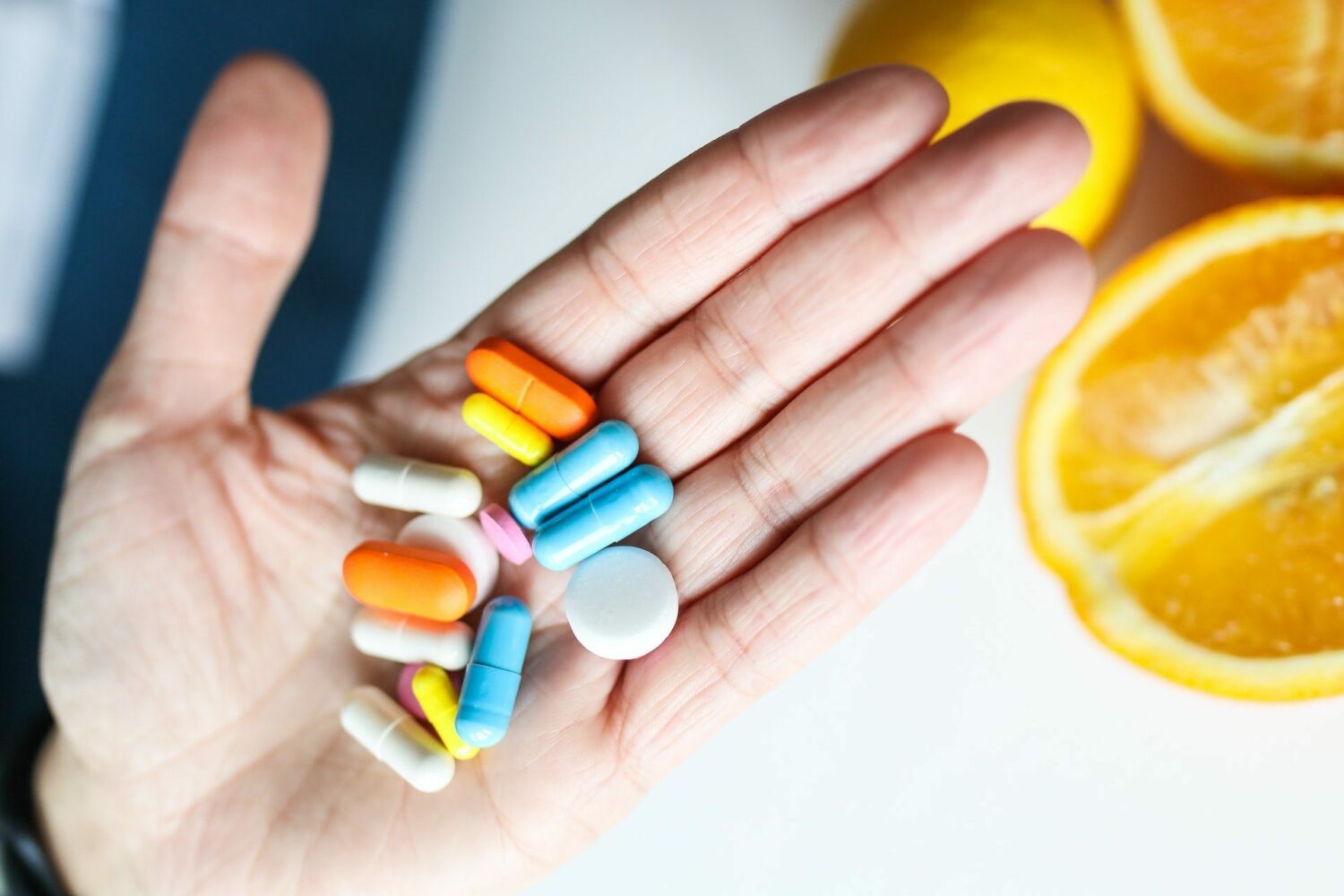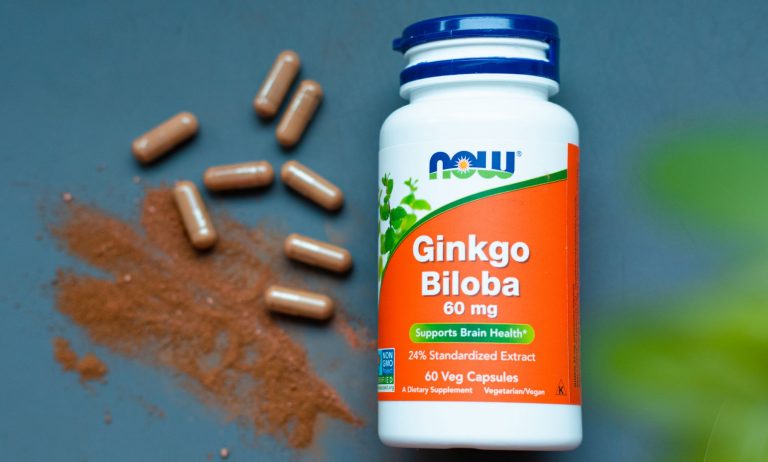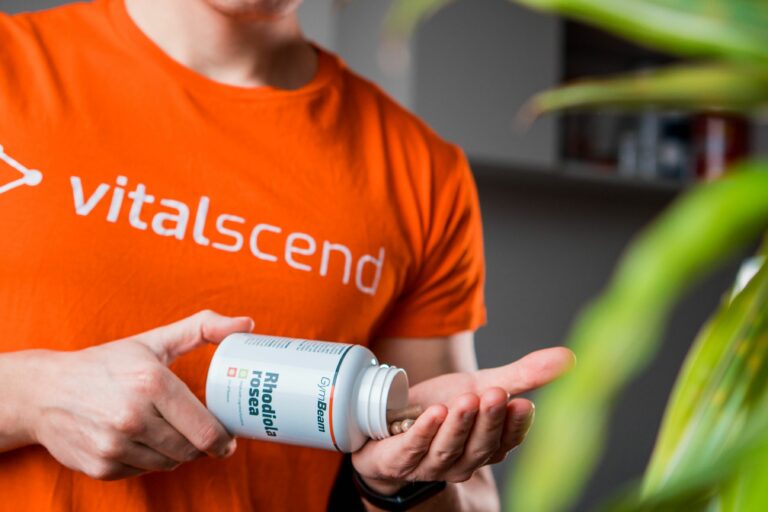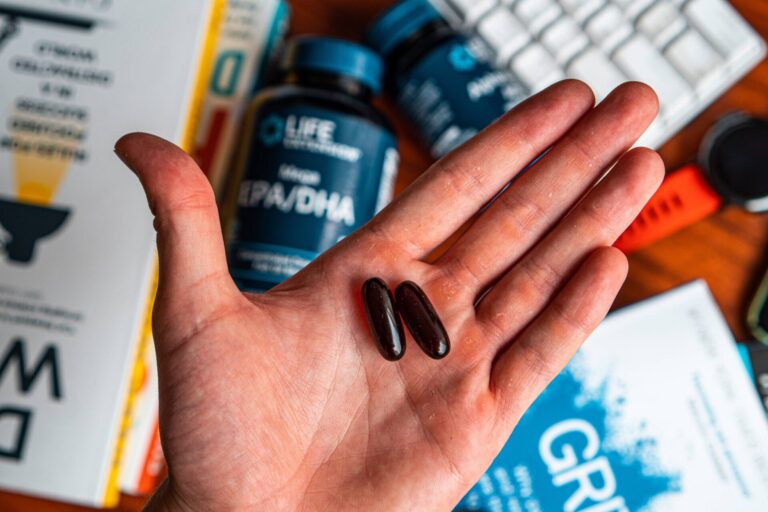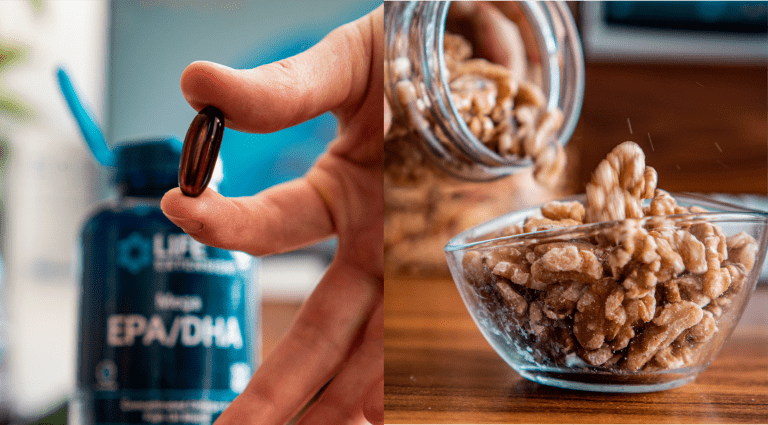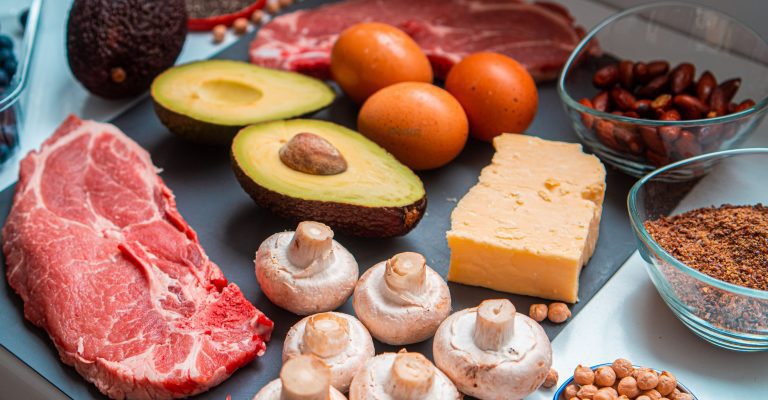What Are Nootropics and Do They Work?
The hottest topic amongst entrepreneurs, businessmen, and hard-working students is how to optimize productivity. How to have better focus, memory, and be more alert and efficient. It begs the question, what are nootropics, and do they work?
In this day and age, it seems that everyone wants more brain power. Considering how hyperactive and distracting today’s world has become, we need to use our brains to their fullest capacity.
Why Do You Need a More Powerful Brain?
Think back only 200 years ago, people were doing simpler, less cognitively demanding tasks. Cooking, sowing, playing, haunting, etc. A lot of free time, adventure, no structured obligations, and dozens of forms to fill in. But today, everything is much more structured. The up-rise of technology, social media, and the internet has made things twice as complicated. The sensory overload, stress, and tasks overwhelm our amazingly capable brains.
But guess what, we have similar brains. The brain adaptation we need to optimally use our technology is lagging, due to such fast transition and development. How are we supposed to absorb all the information and learn at such a fast pace, to keep up with the world? Well, natural nootropics may be one piece of the puzzle.
What are Nootropics
Nootropics are potent cognitive enhancers, believed to improve brain performance. They can increase attention span, improve memory recall, boost alertness and sharpen your focus
They are used as a means to improve mental performance, memory, motivation, attention span, and concentration. But, natural nootropics are substances that besides improving cognitive function also make the brain healthier. (1)
Fun Fact
Nootropic is a term that comes from the Greek words “nous” and “tropein” which means mind, and to turn (adapt, bend). It signifies the ability of our brain to change, or neuroplasticity. It’s logical since nootropics work in different ways to stimulate our brains and support adaptation and neural signaling.
Amongst the most popular natural nootropics is Ginkgo Biloba, known to improve brain circulation. Caffeine is also a potent nootropic, working as a stimulant. Bacopa Monnieri is another powerful memory-boosting herb, while mushrooms like Lion’s Mane and Cordyceps are neurotrophic and support brain neuroplasticity.
Many natural medicines around the world, from African, and Korean, to Traditional Chinese and Indian Ayurvedic Medicine use nootropic herbs to support brain function. Especially for memory and cognition, which is thought to be promoted by altering levels of Acetylcholine, an important neurotransmitter. (2)
But besides improving brain function, for food or substance to be considered a nootropic it needs to: protect the brain, support the brain’s health and function, have minimal or few side effects, and be extremely low in toxicity.
This is where a natural nootropic is different from a “smart drug”, although the terms are used interchangeably. Smart drugs are synthetic, and nootropics can be synthetic or natural. Mostly, when talking about nootropics we think of substances and bioactive compounds found in foods, like caffeine, flavonoids, or catechins.
Disclaimer: The content on this Site is for informational purposes only, and it is NOT intended to give or replace medical advice. Make sure you consult your physician, doctor, or health professional before using any supplement, for its dosage, uses, precautions, and interactions.
What are Smart Drugs
Smart drugs on the other side, are synthetic drugs known to improve cognitive performance. Unlike nootropics, they have faster and more acute effects, which may come at a cost.
The term smart drugs were introduced when Corneliu Guirgea found piracetam, a known memory-supportive drug used for mental impairment. (3)
Smart drugs, unlike nootropics, can significantly affect the brain’s EGG, and affect blood pressure and heart rate. These are your Adderall, Ritalin, or Modafinil. If misused (abused), these drugs can cause significant negative side effects like mood swings, insomnia, stomach pain, and anxiety. Also, they can cause dependence and build tolerance with improper use.
It seems that many smart drugs are increasingly used and abused amongst healthy individuals, without any diagnosis, in order to improve the brain’s performance. This can come with negative side effects and complications. (4)

Natural vs. Synthetic Nootropics
Nootropics can be synthetic – made in a lab, or natural compounds found in foods like mushrooms, herbs, spices, plants, etc.
Synthetic or lab-made nootropics are things like methylene blue which is known to improve mitochondria function and prevent the build-up of amyloid plaque. Other synthetic cognitive boosters are Vinpocetine and Phenylethylamine. Some of these are used to treat cognitive impairment, for which you’d need a prescription.
We focus on natural nootropics. Things like mushrooms, coffee, spices, and herbs. These contain specific bioactive compounds that can boost brain performance. We believe that for many, improving cognitive performance can be assisted with a healthy diet, natural nootropics, and a cup of coffee of course.
Are nootropics natural?
There are both natural nootropics and synthetic, lab-made ones, so-called smart drugs. An example of a more natural nootropic would be coffee, or adaptogens like Lion’s Mane and Bacopa. Racetams on the other hand are synthetic nootropics.
Which nootropics actually work?
That’ll depend on the individual response, doses, frequency, etc. Some of the well-researched nootropics include Caffeine, L-theanine, Ashwagandha, Alpha-GPC, Bacopa Monnieri, and Lion’s Mane mushroom.
Potential Benefits of Nootropics
The brain is a very complex organ working non-stop. It manages most physiological processes in your body. From temperature regulation, hormone secretion, movement coordination, etc.
This is why improving brain function isn’t an easy task. There are dozens of mechanisms (shown below) that affect the way our brain functions. A myriad of factors from diet, activity, and sleep quality affects our brain. We must take care of the basics first, before hoping to boost our brain with nootropics.
That being said, nootropics can have the next potential benefits:
- Improve brain function, supporting cognition and executive function
- Protect the brain from injury, aging, and oxidative stress
- Facilitate learning, adaptation, and neuroplasticity
- Improve short-term and long-term memory recall
- Act anti-inflammatory, as potent antioxidants
- Improve concentration, focus, and attention span
- Support neurogenesis and neuroprotection
- Enhance creativity, boost mood and motivation
Fun Fact
Nootropics work differently. Some act stimulatory, some mediate cholinergic activity, others boost mood and dopamine, and others can enhance sleep (inhibitory) or improve memory and learning (BDNF, NGF), or act neuroprotective.
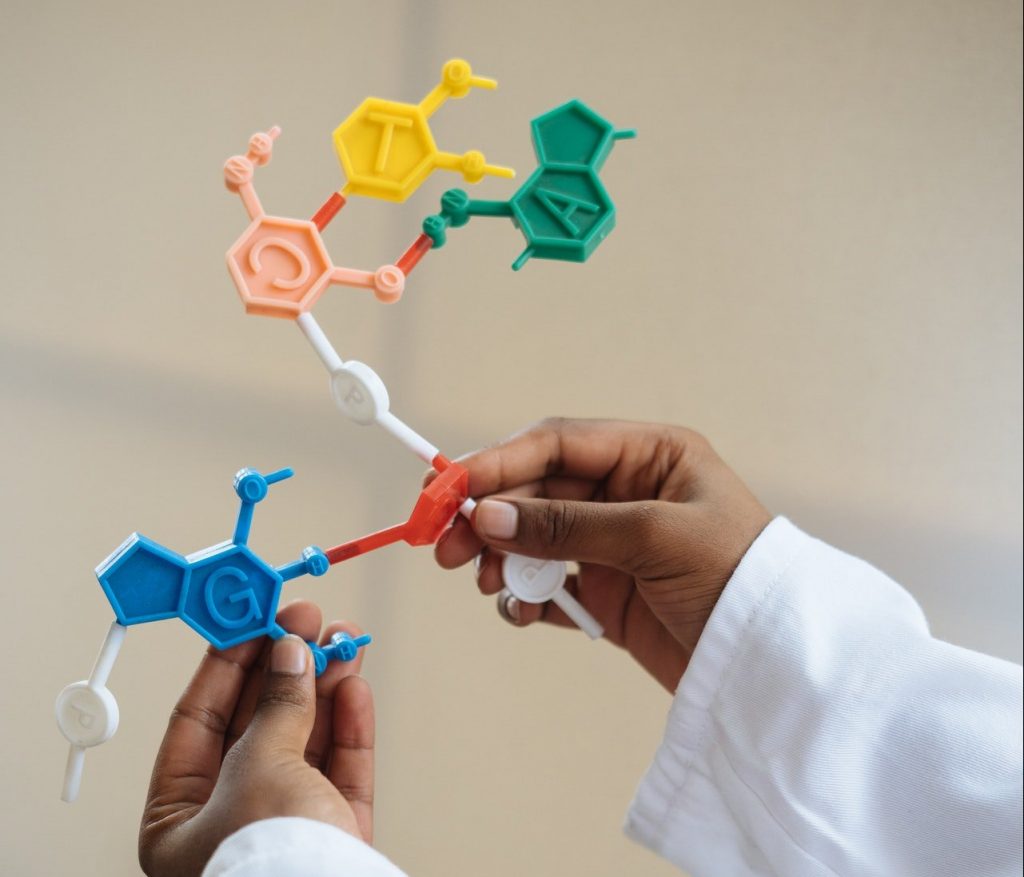
How Do Nootropics Work?
There are many different mechanisms by which nootropics work. Some are stimulatory, some are tranquilizers. Some affect neurotransmitter secretion, reuptake, and hormonal balance. Others like ginseng and Ginkgo Biloba improve circulation and act anti-inflammatory.
Here are some of the many different mechanisms behind the way nootropics work:
- Improve brain circulation by acting vasodilatory (NO synthesis)
- Stimulate neurogenesis, increase NGF or nerve growth factor
- Support neuroplasticity, increase BDNF or brain-derived neurotrophic factor
- Improve brain metabolism, optimize mitochondria function and energy production
- Alter levels of a neurotransmitter (by enzymes or impact on receptor site)
- Protect the brain from oxidative stress, and act anti-inflammatory
- Change cell structure and control movement of ions in and out
- Mediate cholinergic activity (regulate activation, arousal, attention)
- Act as stimulants or sedatives on the central nervous system
- Increase levels of acetylcholine, or dopamine (dopaminergic activity)
Yap, it’s pretty complex. Each of these brain-supportive foods contains some bioactive compound. Usually, supplements are sold in an extract form that has higher concentrations of the specific bioactive compounds, or minerals or vitamins that act “nootropic”.
| Element | Bioactive Compound |
| Cordyceps | Cordycepin |
| Ashwagandha | Withanolides A |
| Ginkgo Biloba | Ginkgolides, Ginkgolic Acid |
| Matcha | Caffeine and Catechins |
| Lions Mane | Erinacines, Hericenones |
Healthy Fat – Superpower For Your Brain
Another important factor for proper brain function which supports brain health is healthy fats. Fats make up the structural integrity of your brain and nervous system. Your brain is made up of 60% fat, hence why it’s important to build your brain with the right material.
Fats like Omega 3 have been shown to exert many anti-inflammatory properties. Not just that, but healthy fats are crucial in building the foundation of your cognition, and your brain. EPA and DHA (omega 3’s) have shown neuroprotective, cognition-boosting, and brain-supporting properties.
Biohack
Eating foods rich in healthy fats like omega 3 is a crucial step in your diet, to elevate brain function. These foods are avocados, eggs, seafood and fish, flax seeds, olive oil, and leafy greens.
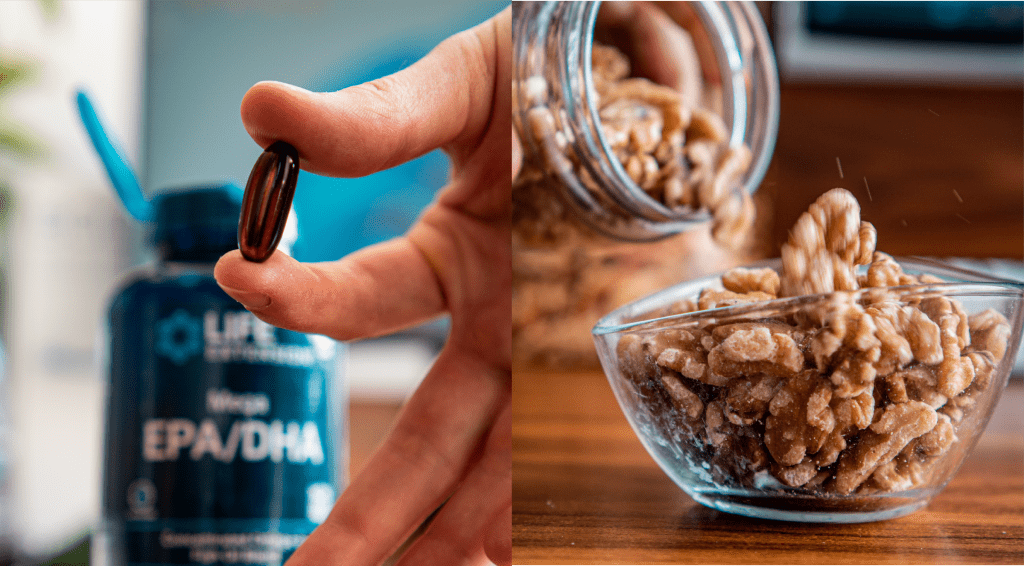
Nootropics For Brain Performance
There are dozen of natural nootropics out there. It’s hard to choose the right one, that’s because there isn’t one. Many of these nootropics function in different ways. Some are more efficient for memory, others for focus (stimulators), third for sleep (sedative), and last for neuroprotection.
It’s hard to pinpoint one ability, let’s say memory or focus, and target just this one. For example, increasing BDNF, NGF, and circulation in the brain is protecting the brain from aging, facilitates learning, improves memory, and supports adaptation (neuroplasticity). But we need to focus to learn, and we need to memorize what we’ve learned, which is part of learning. Point is, it’s all connected, so by improving one, we may indirectly affect another one.
Other substances like caffeine work acutely by stimulating the central nervous system, increasing our focus, especially under sub-optimal conditions (poor sleep). GABA for example works inhibitory on the CNS, which helps fall asleep at nighttime. It’s about understanding the mechanism behind it and using it correctly.
List of Nootropics
We’ll categorize nootropics for easier presentation. There are 100+ nootropics, and many didn’t make this list. Some natural, some synthetic. These are mainly natural nootropics you’d get from spices, plants, herbs, superfoods, etc. It’s like a short list of the most popular natural nootropics, to expand your “nootropic” horizons and give you an idea of what’s out there.
Neurominerals
- Magnesium is a crucial mineral for the proper functioning of the nervous system and the brain, as it supports synaptic plasticity and many physiological processes. (5) Suboptimal levels are associated with a longer reaction time (lower cognitive function). (6)
- Calcium is another important mineral that contributes to normal brain function. Abnormal levels of Ca2+ can disrupt intracellular signaling which leads to cognitive dysfunction and deficit and may induce neural cell death. (7)
- Zinc, at doses of 15 and 30 mg/d was shown to be effective in improving spatial working memory, tested in younger and older adults. (8)
Minerals are important for brain function, and the nervous system in general. Other important minerals are sodium which regulates blood pressure and phosphorus, which supports bone metabolism.

Neurovitamins
In terms of vitamins, some fat-soluble vitamins like A, D, E, and K are important for brain function. Vitamin E is an important antioxidant, vitamin A supports vision, vitamin D supports hormone secretion, and K is important for bone metabolism.
But B vitamins are essential for both the structure, development, and metabolism of the brain (and other cells, and organs). It helps us create new cells, produce energy, and support function.
- Vitamin B3 – is Niacin, an important vitamin for the maintenance of brain cells. It supports neural signaling and memory, plus it’s a potent antioxidant. Niacin has also peripheral vasodilatory effects, which may improve circulation and prevent amyloid plaque build-up.
- Vitamin B6 – is very important for sleep. It’s essential for memory function, it helps create neurotransmitters and B6 deficiency is linked to neurodegenerative diseases like dementia.
- Vitamin B12 – controls neural proliferation and differentiation. It’s crucial for maintaining a healthy brain and red blood cells. Deficiency in B12 can cause brain aging, shrinkage, and cognitive decline, especially memory loss.
Mushrooms
Many nootropic supplements use mushroom complex. There are even great-tasting coffees out there with shroom blends. My favorite is Four Sigmatic Mushroom Coffee.
There are also many extracts from mushrooms, with higher concentrations of the main bioactive compounds. Cordycepin for cordyceps (CS-4), hericenones and erinacines in lion’s mane, and triterpenoids and polysaccharides in reishi.
- Cordyceps can improve blood flow and oxygen uptake in the brain, which may improve endurance and reduce fatigue. (9)
- The bioactive compounds in Lions Mane, namely hericenones and erinacines may support NGF synthesis. Nerve growth factor is important in neural regeneration, learning, and adaptation.(10) Lion’s mane compounds are also shown to protect the brain, exert antioxidant activities, and modulate immunity. (11)
- Another potent adaptogenic mushroom is Reishi, a potent anxiolytic that also has many immunomodulatory functions. It’s a great stress reliever and helps with sleep and fatigue.
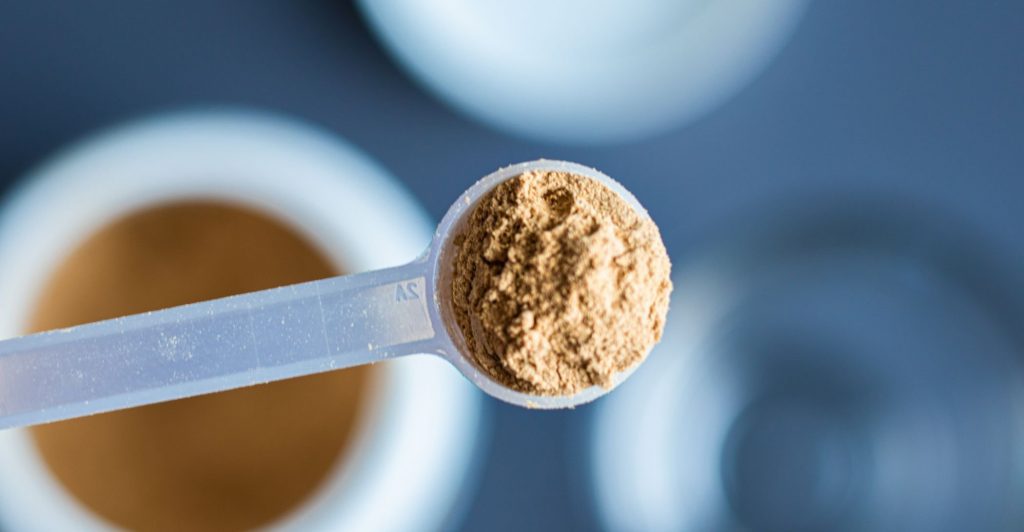
Adaptogenic Herbs
There are dozens of herbs, which mainly act as adaptogens. This means they improve your body’s ability to adapt to stress. Some improve blood flow, some affect neurotransmitters (especially acetylcholine) and others are potent antioxidants.
- Bacopa Monnieri is a known Ayurvedic herb used for its memory-boosting effect. At 150 mg BM extract, it has shown significant improvement in cognitive function. (12)
- Ashwagandha, in one study, has been shown to improve immediate and general memory in 8-weeks. It also improved processing speed, attention, and higher-level cognitive skills like executive functions (control, coordination). (13)
- The power of Ginkgo Biloba might lie in its cholinergic effect, restoring or increasing Acetylcholine levels. It can improve movement preciseness as it was shown to improve accuracy in object tasks. It also can be effective for memory improvement in the elderly. (14)
- In Korean volunteers with cognitive impairment, 3g of Panax Ginseng powder improved different memory measures like immediate recall and was effective for visual memory. (15) The components responsible for ginseng’s brain-boosting effects are gintonin, compound K, and ginsenosides. These modulate both cholinergic (acetylcholine-associated) and glutaminergic pathways. (16)
- Rhodiola Rosea is another potent anxiolytic herb, shown to also improve work performance, learning, and memory. It may work by improving blood flow, acting anti-inflammatory, and regulating cholinergic activity. (17)
Plant Substances
Many plants have potent components that can boost brain performance. Such include the tea plant Camellia sinensis, from which we get Matcha tea, one of the highest antioxidant bombs with EGCG and catechins. Also coffee beans, vanilla beans, and tobacco which has nicotine.
- Vanillic acid has many bioactive components that may exert neuroprotective effects, due to their potent antioxidant activities. In animal models VS reduced amyloid markers and synaptic dysfunction. (18)
- Caffeine is a central nervous system stimulant that works by binding to the adenosine receptors. It has stimulatory effects, shown to exert an ergogenic effect, improve exercise performance and offset weak cognitive performance under sub-optimal (poor sleep) situations. (19)
- Nicotine has been shown to improve many cognitive functions like attention, memory, fine motor skills, and spatial or working memory. (20)
Coffee is one of the most consumed beverages in the world, Vanilla is used as a sweetener and Nicotine is present in tobacco. It goes without saying that smoking is detrimental to overall health and brain function. Nicotine can also cause dependence and increase heart rate and blood pressure, and reduce appetite.
Amino-Acids
Many amino-acids play an important role in neurotransmitter balance. These include tyrosine, histidine, arginine, and my favorite, tryptophan. The latter is a precursor for dopamine and serotonin, meaning it may support dopaminergic and serotonergic activity and enhance mood.
We’ll focus on ALC, Alpha-GPC, and N-acetylcysteine which have been shown to support cognition and act neuroprotective.
- As a glutathione precursor, NAC has potent anti-inflammatory and antioxidant effects. It can exert powerful neuroprotective effects. (21)
- Acetyl-L-Carnitine has been shown to slow down cognitive decline potentially, by restoring synaptic function and cell membranes in the brain. It can also improve mitochondria function (produce more ATP), cholinergic activity, and exert neurotrophic effects. (22)
- Both Alpha-GPC and Acetyl-L-Carnitine improved cognition in people with mild to moderate dementia, while Alpha-GPC further improved affective disorders. Potential mechanisms are acetylcholine restoration and memory improvement. (23)
Fatty Acids
Omega 3’s are without a doubt brain-supportive nutrients. Unlike others, omega 3’s don’t have significant acute effects. The benefits come from structurally building a better brain.
- Lipoic acid has potent antioxidant properties, and also supports glucose metabolism in the brain. By enhancing the use of glucose, it can affect the brain’s metabolism and potentially improve symptoms of Alzheimer’s Disease. (24)
- DHA is another omega-3 FA that supports neurotransmitter release, and neural communication, and may enhance mood. Low DHA levels have been associated with ADHD and depression. (25)
- EPA is another potent Omega 3 FA’s that goes hand-in-hand with DHA and is crucial for brain health. EPA has a more anti-inflammatory and mood-enhancing effect. Mostly, you’ll find both EPA and DHA in Marine omega 3’s, arguably one of the best brain-supportive supplements.
Who Are Nootropics For?
By nootropics, we mean these natural nootropics found in edible foods, plants, herbs, and mushrooms, not synthetic. The list above showcases the majority of the popular, semi-proven brain-boosting supplements. We’d only exclude Nicotine, as by definition, natural nootropics should exert extremely low toxicity, and very few, and minimal side effects.
Nootropics are for people who want to improve their brain function. Those looking to step up their brain performance, and improve attention, focus, memory, and creativity. Entrepreneurs, students, businessmen, scientists, hard-working people, you name it.
- Before looking into nootropics, it’s important to consider the basics. Healthy food, active lifestyle, optimal sleep, etc. Nootropics shouldn’t build your base but can support your cognition.
- In some instances, nootropics are used to protect the brain, as many of them are potent antioxidants and act neuroprotective. This may slow down cognitive decline and the neurodegeneration that comes with age.
Conclusion
- Nootropics are cognitive enhancers, or brain-boosting supplements that may improve attention, focus, memory, and learning, and protect the brain.
- Nootropics work by modulating acetylcholine, acting as an antioxidant, supporting neural signaling, increasing NGF and BDNF, improving brain circulation, and many more.
- Natural nootropics improve cognition while making the brain healthier, come with few (minimal) side effects, and aren’t high in toxicity. These come from foods like herbs, plants, mushrooms, or beans.
- Natural nootropics can be micronutrients like neurovitamins (B3, B6, B12, A, E) and neurominerals (Mg, Zn, Ca) that are crucial for brain function, differentiation, proliferation, and neural signaling.
- Many amino acids like tryptophan, histidine, and tyrosine play important roles in neurotransmitter release. They can affect levels of serotonin and dopamine, thus enhancing mood.
- Synthetic nootropics also called “smart drugs” like Ritalin, Adderall, or Modafinil are cognitive enhancers that can cause serious negative side effects if misused and abused.
- Nootropics are used for improving cognitive function, slowing down cognitive decline or impairment, for neuroprotection, and enhancing mood, creativity, or sleep. Always consult with a doctor before using any supplement.

